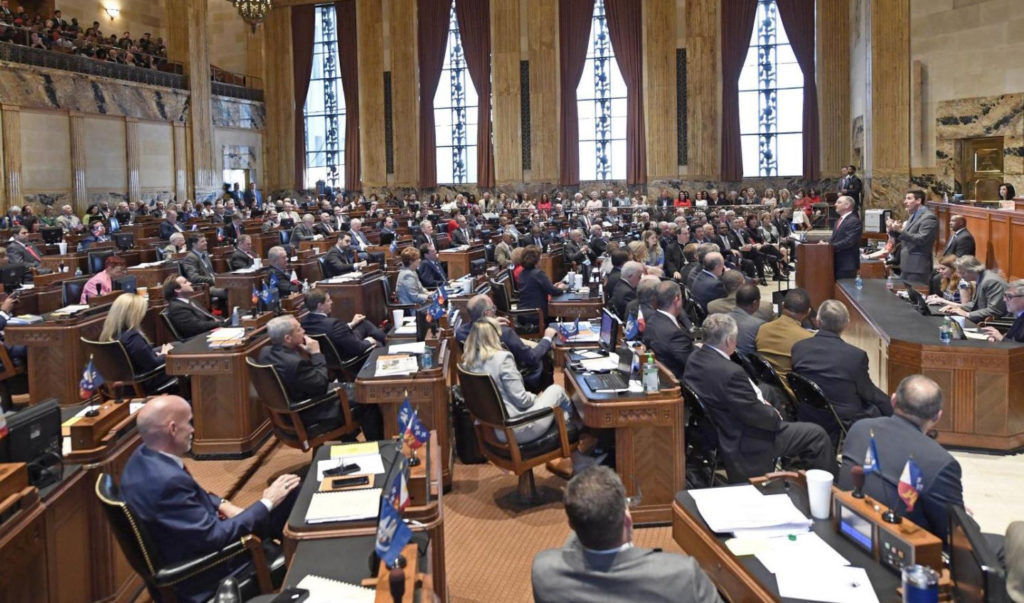Louisiana House passes education savings account bill for disabled students
(The Center Square) – Legislation to create Education Savings Accounts for students with exceptionalities passed the Louisiana House.
Lawmakers voted 91-1 to approve House Bill 194, sponsored by…

(The Center Square) – Legislation to create Education Savings Accounts for students with exceptionalities passed the Louisiana House.
Lawmakers voted 91-1 to approve House Bill 194, sponsored by Rep. Rhonda Butler, R-Ville Platte, to create state-funded ESAs for students with disabilities such as deafness, blindness or autism. The parents can use the ESAs to educate their children outside of the public education system.
HB 194 directs the State Board of Elementary and Secondary Education and State Department of Education to “allocate to each account annually, from funds appropriated or otherwise made available for the program, an amount equal to the state’s base per-pupil allocation as provided in the minimum foundation program formula, plus any applicable weighted funds based on student characteristics.”
Parents can use the funds “only for qualified education expenses for the participating student,” which includes tuition, fees, textbooks, instructional or tutoring services, supplemental materials, technological devices, and therapeutic services.
“I support every bill that comes through here that gives a child the right to be educated, regardless of their circumstances,” said Butler, a mother of a disabled child, on Wednesday. “My bill is not here to work against our school systems, but it gives these children an option to succeed in life to the best of their ability.”
Rep. Tammy Phelps, D-Shreveport, the only lawmaker to vote against the bill, raised objections with spending public dollars at private institutions.
“This is nothing against our special needs students, I care for them in my own family, but I do have concerns where I would like to be consistent. I cannot support any ESAs, voucher systems where our public schools tax dollars going to private institutions at this time,” Phelps said.
Others applauded Butler for bringing the bill.
“You’re talking about a child being taught not in public school, but as parents see fit,” said Rep. Kathy Edmonston, R-Gonzalez. “So I appreciate you for bringing this. It’s a very good bill.”
“If there’s one category where school choice works, where an ESA works, it’s in the disability community,” said Rep. Mark Wright, R-Covington. “Our public schools do a wonderful job in a lot of ways, and in some cases with the (special education) classrooms they do a great job. I think, though, this is an area where these families would benefit from looking at other options and using that state portion of their dollars.”
HB 194 is among several bills to create ESAs for different demographics of students in the Pelican State. Other measures include HB 452, sponsored by Rep. Barbara Freiberg, R-Baton Rouge, to create the accounts for students who have documented at least two instances of bullying, or any student who is the victim of sexual assault.
HB 33, sponsored by Rep. Phillip DeVillier, R-Eunice, would do the same for children of military families, those in foster care, and students attending D- or F-rated schools that have been denied a transfer to higher-rated schools.
HB 452 is currently pending on the House floor after gaining approval from the House Education and Appropriations committees.
HB 33 was approved by the House on a vote of 75-26 on April 20 and is now in the Senate Committee on Education.
Yet another ESA bill to expand the option to all students, HB 824, was voluntarily deferred by the bill’s sponsor, Rep. Laurie Schlegel, R-Jefferson, in late April.



